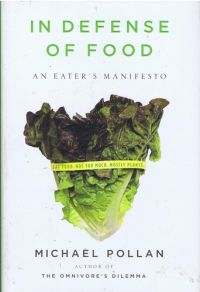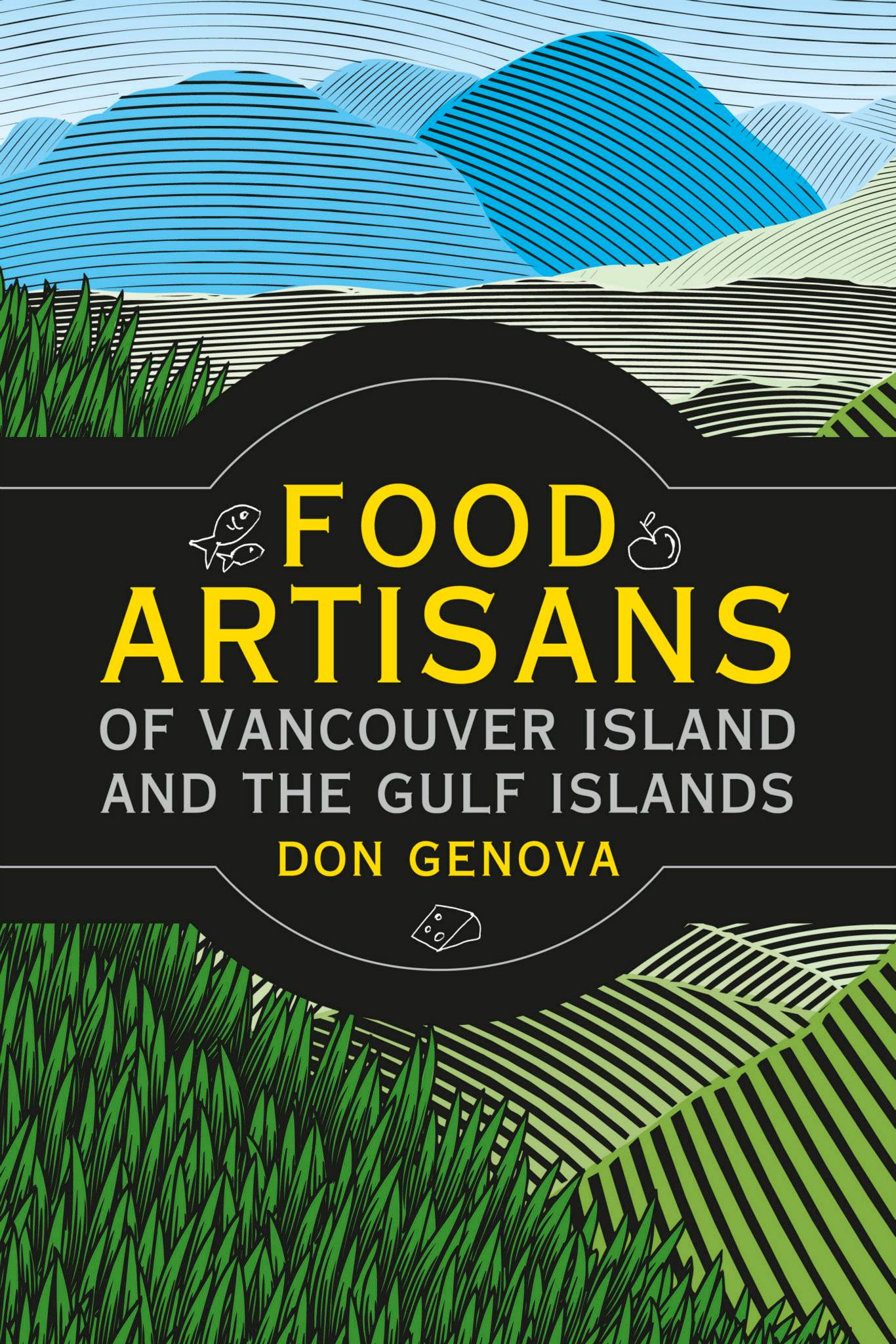March is Nutrition Month in Canada, and while I suppose we should be thinking about our nutrition every month, expect to be bombarded by some extra messenging as various agencies and companies use a good excuse this month to tell you what to eat.
Naming this month as Nutrition Month was an idea of the Dietitians of Canada. Now, I’m not here to knock the idea of paying attention to good nutrition, or nutritionists or dietitians, I have learned a lot from them over the years, but I’ve noticed that some of these ‘declared’ months like Colon Cancer Month or Nutrition Month can become thinly-disguised sales opportunities to sell products or books designed to fit in with whatever particular nutrition craze is out there right now.
You have to be careful to look at the source of the information. As we hit March I was sent an email from a publicity firm asking me if I wanted to talk to a popular naturopath who knew all about fibre. I was initially intrigued, but as I combed down through the email which asserted their spokesperson could tell me all about ways to get more fibre into my diet, I noticed this paragraph: Consuming a diet rich in fruits, vegetables, legumes, seeds, nuts, and whole grains is the best way to get adequate daily fibre but if adding fibre to your diet seems overwhelming, there are a number of fibre supplements available at your local health food store. Then this: Dr. Brenda Watson, is among the foremost authorities today on natural digestive care and nutrition. She is a New York Times best-selling author, celebrated PBS mainstay, and founder of ReNew Life Formulas, Inc. I’m sure if I did pick up the phone to interview Dr. Watson somehow the idea of supplements and ReNew Life Formulas would come up in the conversation.
I also worry about processed food products that play on current food fads. So right now, you will see packaging that promotes fibre content. When we found out that trans fats aren’t good for us we saw a plethora of packaging declaring ‘zero trans fats’ on the labels, even on foods that never contained trans fats to begin with. There is pomegranate in everything now, quinoa in everything now, even shampoo, various types of berries from blue to goji and remember back when the oat bran craze was on the go? So food processors seize on nutritional food studies and design ‘functional foods’ to capitalize on trends.
But is that a bad thing? Choosing foods that have ingredients that are supposed to be good for you to eat? Ah. Maybe those ingredients are good for you, but what about the rest of the ingredients, which may include too much sugar in various forms, highly processed wheat flour, and genetically modified ingredients like soy. I think we’re better off learning about how to get the kind of nutrients we need in their natural, unprocessed sources. I’ve been re-reading the excellent book Michael Pollan published in 2008, ‘In Defense of Food; An Eater’s Manifesto’. He reminds us that in America, the official government-sanctioned scientific advice to eat a diet lower in fat coincided with a dramatic increase in the incidence of obesity and diabetes in America. And the various food guides and food pyramids that have come out over the years have been influenced in some instances by powerful lobby groups like the beef and dairy industries. Some of the advice in Pollan’s book makes a lot of common sense. Like:
– Don’t Buy Any Food for which there is a TV commercial.
– If it has ingredients you can’t pronounce, don’t buy it. Avoid food products that make health claims.
– Shop the peripheries of the supermarket, not the middle. Although that is changing now. Traditionally all the processed foods in a supermarket were in the middle aisles, but I now notice that many renovated grocery stores are putting the produce section right by the entry doors so you can shop the good stuff first.
I do have to credit Health Canada for putting together a pretty good website called the Healthy Eating Toolbox. I have been surfing through it a bit and it has good tips on planning your grocery shopping, how to read labels, shopping with your kids and some cooking advice as well.
*Update: At the beginning of this year I talked on the show about some apps that one could use to help you shop sustainably and maybe even help you lose weight. The app I chose to use to help me through some weight loss is called Lose It, it’s a free app, or you can run it on your computer and have it sync with your smart phone or tablet. In nine weeks I’ve lost 10 pounds! The app helps me track calories with a wide database of ingredients, home cooked dishes and restaurant meals, has a scanner to scan in calories with almost anything that has a bar code, and you can enter the calories burned from exercise against your daily caloric intake. I still eat pretty much everything I like to eat; I just eat a lot less. I always knew portion control is key for me, as I don’t eat a lot of processed food, fast food or junk food.




